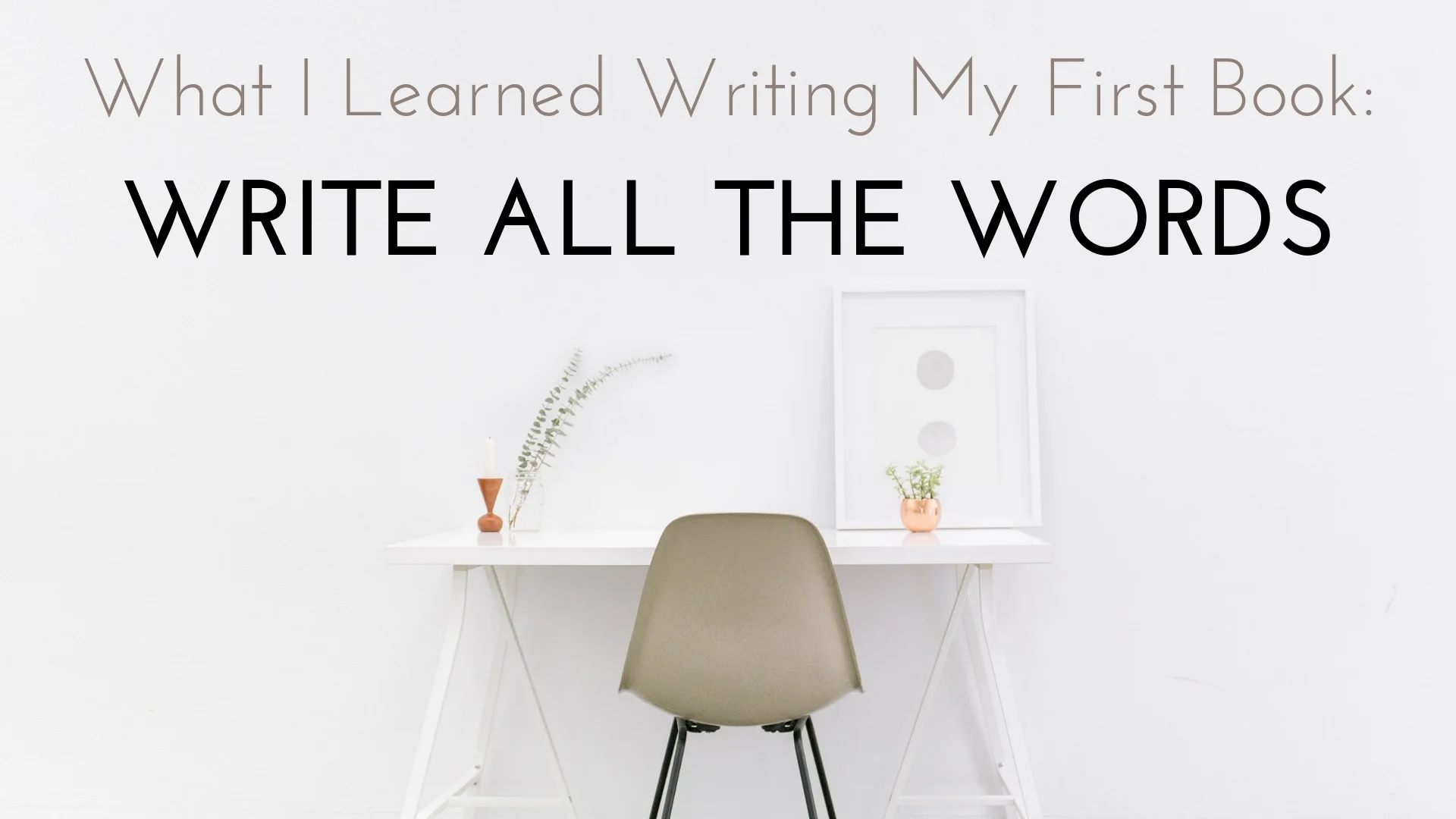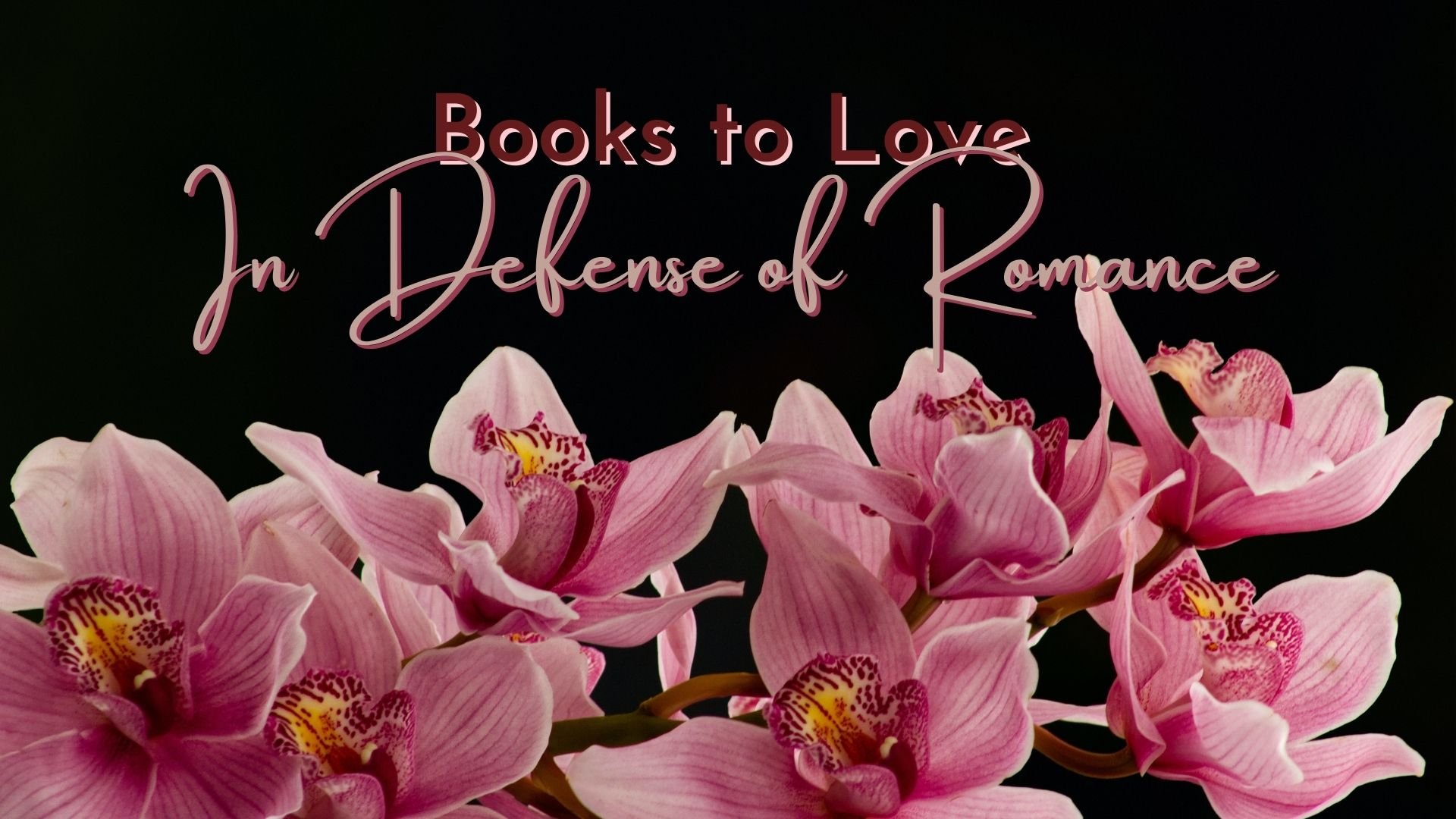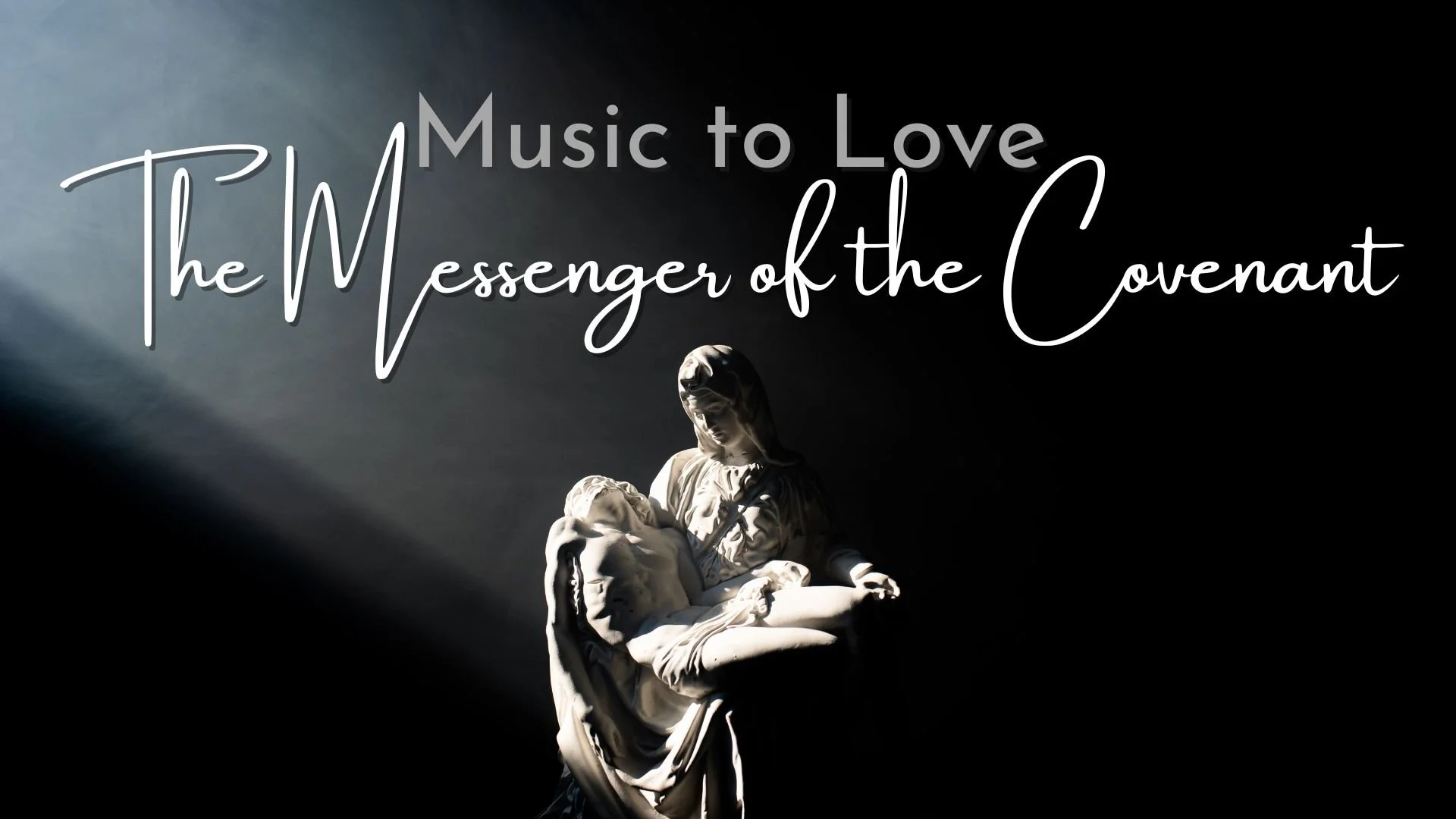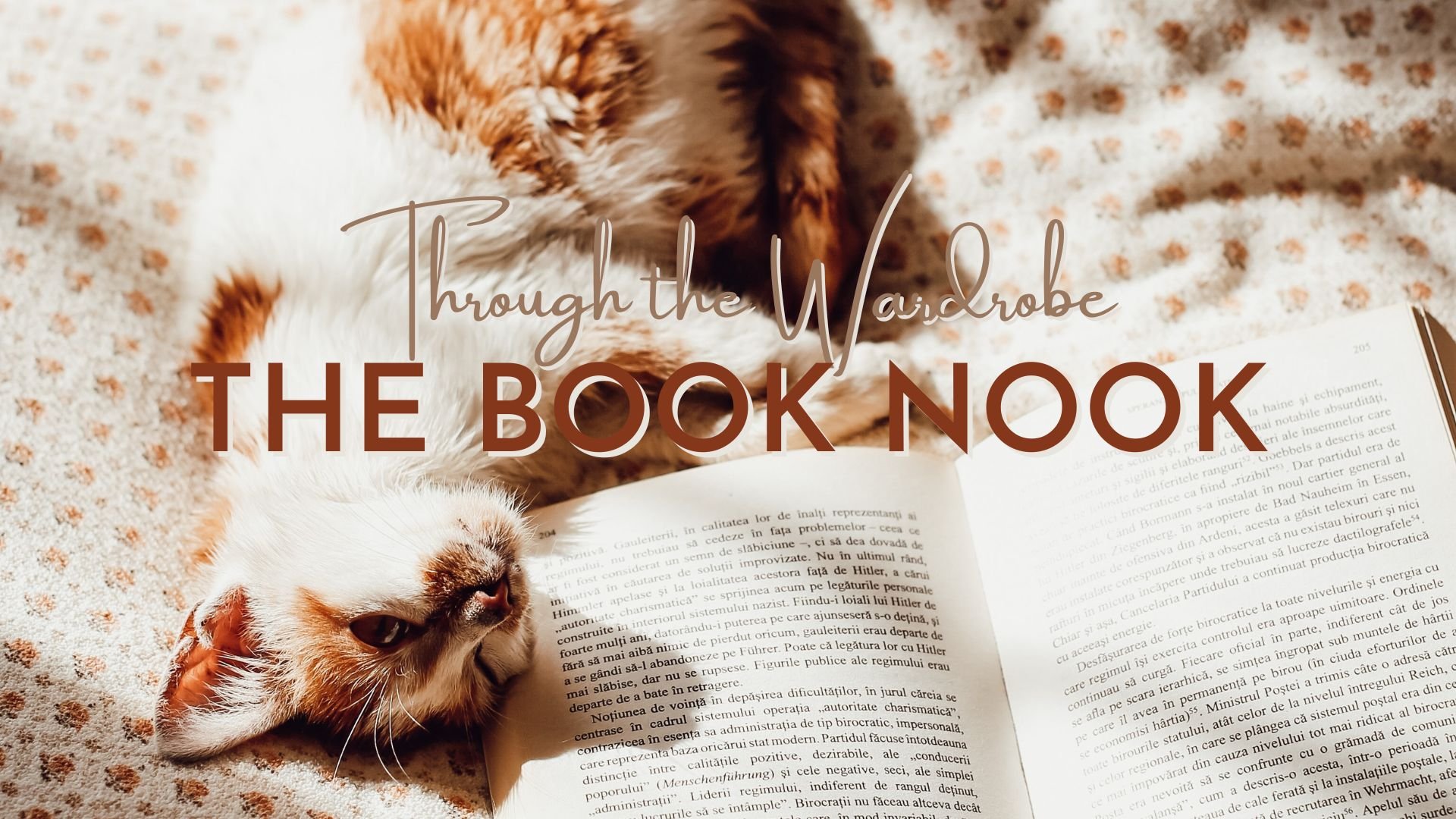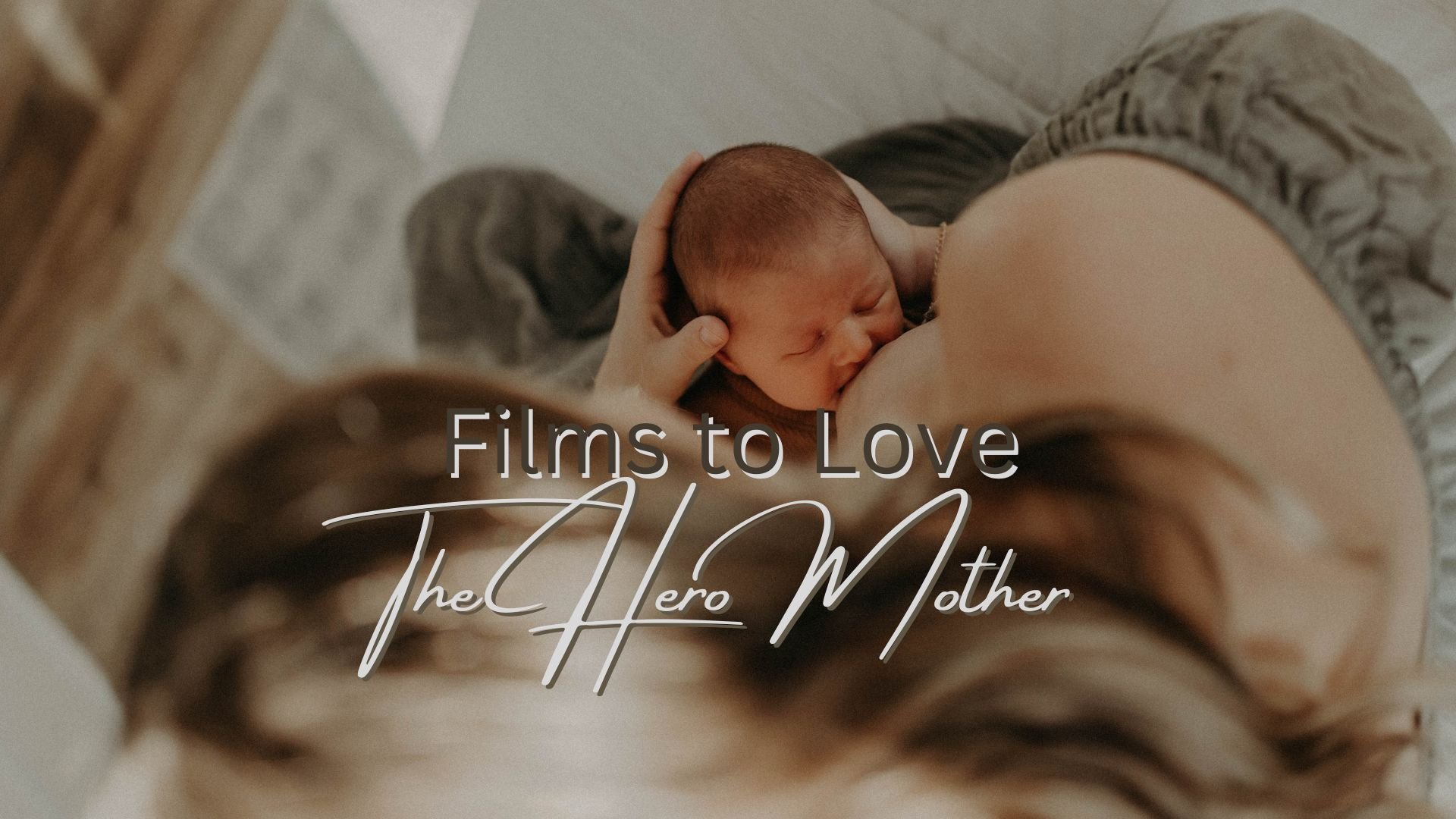The Problem with Publishing...
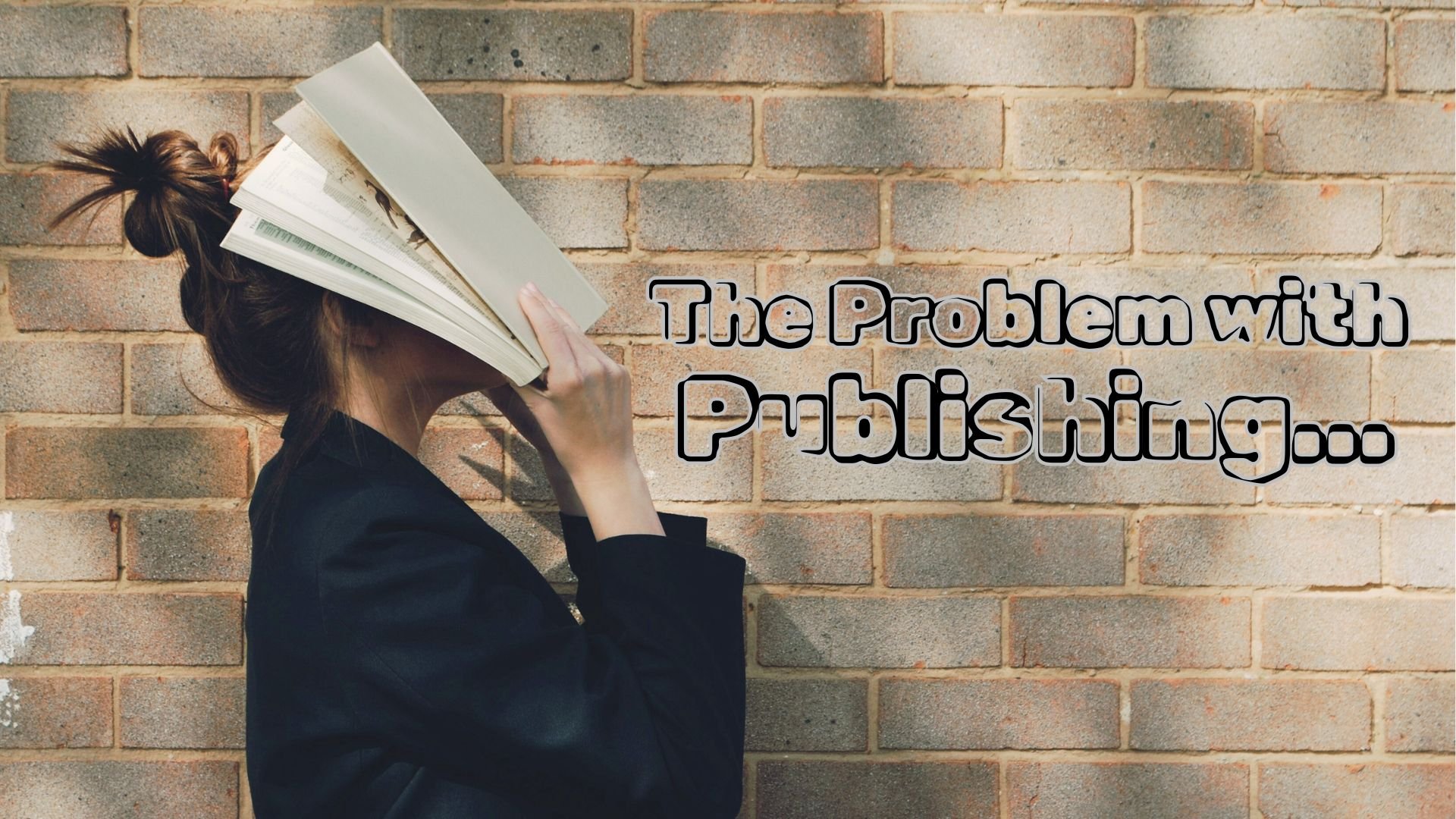
Boy, that’s a title in and of itself, isn’t it? Indeed, there are a wealth of problems within traditional publishing, and I’m not even published yet.
However, today I am not writing this post as a writer but as a reader.
We readers have been held hostage by publishing companies for a long time now. What do I mean by that?
Well, here it is.
I, like you, dear reader, am an intelligent individual. I have a brain and am capable of determining my likes and dislikes without the aid of anyone else. I have preferences and exercise discernment and discrimination when selecting the books or movies or various other forms of entertainment that I enjoy.
Several years ago I wrote about how Lauren Willig mentioned that while writing a prospectus for her next book, her publisher told her that she needed to write something World War related. Whether One or Two, it didn’t matter.
Now, a cursory glance at the fiction section of any bookstore will show you that we poor readers are inundated with novels that take place during one of the two world wars. Inundated.
We readers are being told what we want to read rather than being allowed the courtesy of choosing for ourselves.
How many perfectly wonderful historical novels are being cast aside because they don’t fit the current publishing trend? I shudder to think about it.
But what really angers me is that someone, most likely someone crunching numbers in a cubicle, made this arbitrary decision. And we as readers are forced to live with it.
Case in point. Kate Quinn wrote the most memorable and immersive novels set in Ancient Rome. Rich with historical detail and facts, her books are engrossing.
After half a dozen Ancient Rome novels, she wrote several Medieval books also set in Rome but focused on the Borgias. These are well done, too, but a rather insalubrious topic, in my personal opinion. Not a fan of the Borgias here, regardless of how fascinating they were.
Then, out of the blue, she drops several novels all centered around the World Wars. Don’t get me wrong. They’re great. Kate Quinn is an excellent author. But I miss her Rome books and I have a gut feeling, we’re not going see any more of those any time soon.
To be clear, I do not claim that Quinn’s publishers told her to write World War novels, but I think the timing is suspect to say the least.
So many of the novelists I enjoy have suddenly stepped into one of the world wars in their books. Lauren Willig wrote Band of Sisters. Michelle Moran’s last book was about the World War I spy Mata Hari (Mata Hari’s Last Dance) and she has a new World War Two book coming out focused on the Von Trapp family called Maria. Many of Beatriz William’s books circle around this time, too, if not specifically in the middle of one of the world wars.
Now, there are exceptions to this rule. I see them largely in the historical fiction mystery series genre. Deanna Raybourn’s Veronica Speedwell series is set in the late 1800s. Sherry Thomas’s Lady Sherlock series is squarely in the Victoria era. Tasha Alexander’s Lady Emily series is set during the turn of the last century. But for every Raybourn, Thomas, or Alexander, there’s a Kelly Oliver, Ashley Weaver, or Conor Bender (all excellent novelist who I whole heartedly recommend).
Now, I realize that I’m a bit of a niche reader. However, I have branched out into reading a lot of non-fiction, too, and you’d be surprised how much of what’s coming out now focuses on this time period, too.
Don’t get me wrong. I understand the allure. A great many changes occurred in the first fifty years of the last century. And there is ample fodder for any writer, fiction or non-fiction, during those wars. But that doesn’t mean that the bulk of new material we as readers want to see coming at us in our favorite genres or sub-genres is exclusively from this time period.
Okay. Okay. Let’s step away from the world wars. Let’s look at something else, like keywords. A quick perusal of any book table in your local bookshop or library will show you that publishers LOVE keywords. I wrote about this extensively in the post Title Me This, Title Me That. But, for the purpose of this post, I’ll recap. Publishing houses not only have a bit of a strangle hold on the topics an author can write about, but also the titles they can name their books. These titles have keywords: beach, girl(s), wife/wives, stranger(s), mistress, debutante, etc.
And then there’s the done to death celebrity memoirs and autobiographies. They sell. Pure and simple. But, I myself am getting tired of the sheer amount of them in the non-fiction section.
And, finally, let’s talk erotica. It’s devastating the romance genre. Not everyone who reads romance wants to get an exhaustive, overly explicit BDSM story. In fact, a lot of people who read romance don’t necessarily want explicit love scenes. Sure, maybe one, but, let’s be honest, a lot of the graphic love scenes written in romances today are clogging up the flow of the story. Just throwing that out there. And, dear readers, there are just so many of these books out there now. Several years back, it was vampires. Vampires and werewolves EVERYWHERE. Now it’s erotica, which, oddly enough, got its big push thanks to those vampires and werewolves. I’m looking at you, E.L. James.
What this all comes down to, unfortunately, dear readers, is that much of today’s traditional publishing is geared toward the monetary. I get it. I get it. They need to make money. And the way to make money is to create trends.
BUT. All caps there. BUT, what has been a trifle discouraging for me as a reader, and, in turn, made me rather frustrated at traditional publishing houses, is the fact that they will have established authors, such a Lauren Willig or Kate Quinn, whose forte is in different historical periods, and suggest/pressure/coerce them to write books to the trend rather then letting them write the books that they want.
Now, let me emphasize, I am not saying the either Willig or Quinn or any other authors like them have capitulated against their will. They could be following topics that have piqued their interest for years.
However, I know first hand that Willig was told to write a World War book when she had another book burning inside her. That other book was The Summer Country. She tried time and again to do as her publishers wished, but The Summer Country had to be written. And it was. And it was published. But the next stand alone book she wrote was Band of Sisters, which is definitely a World War book. It’s excellent, and in her incomparable style. Well fleshed out and researched, as all her novels are. And I recommend it. But, thankfully, her latest offering, Two Wars and a Wedding, is set in 1896 and 1898 and has nothing whatsoever to do with a World War. What mades me so excited to read it is the events chronicled in the novel are ones that I am less familiar with. And while I’m not an expert on either World War, I can say that I know a lot, particularly about World War II because of the historical fiction and non-fiction that I have read. I loved having something wholly unfamiliar thrown my way.
Point is, there are books out there that go against the publishing trend grain, but they are largely from established authors who have the clout to argue their prospectuses with their publishers. What concerns me is the unpublished authors out there who don’t comply with the trends, but who have perfectly excellent novels in these genres, but who most likely won’t get published because they don’t fit in the parameters these publishing companies have set. That’s a tough pill to swallow.
But, have no fear. Some of those authors are getting through, I’m sure. AND, those who aren’t are actually cleaning up quite well in self-publishing. I’m happy to say that self-publishing is starting to give traditional publishing a run for its money. At the very least, it’s getting unique authors out there where their voices can be heard. And, in some cases, they gain in such popularity that traditional publishing companies want to sign them.
There. That’s my rant. It’s not much. And I’m sure you can poke holes in it in places. But there are big kernels of truth there, too. And some food for thought as well.
What about you, dear readers? Have you noticed any trends in a specific genre or sub-genre over the last several years that has irritated, frustrated, annoyed, or upset you? I’d love to hear from those of you fascinated by fantasy or sci-fi. What about Young Adult? Or, even, Cookbooks? Any trends there that you’d just like to heave ho? Please leave a comment below or on Whisker’s Instagram or Facebook pages. I would love to hear from you.



























